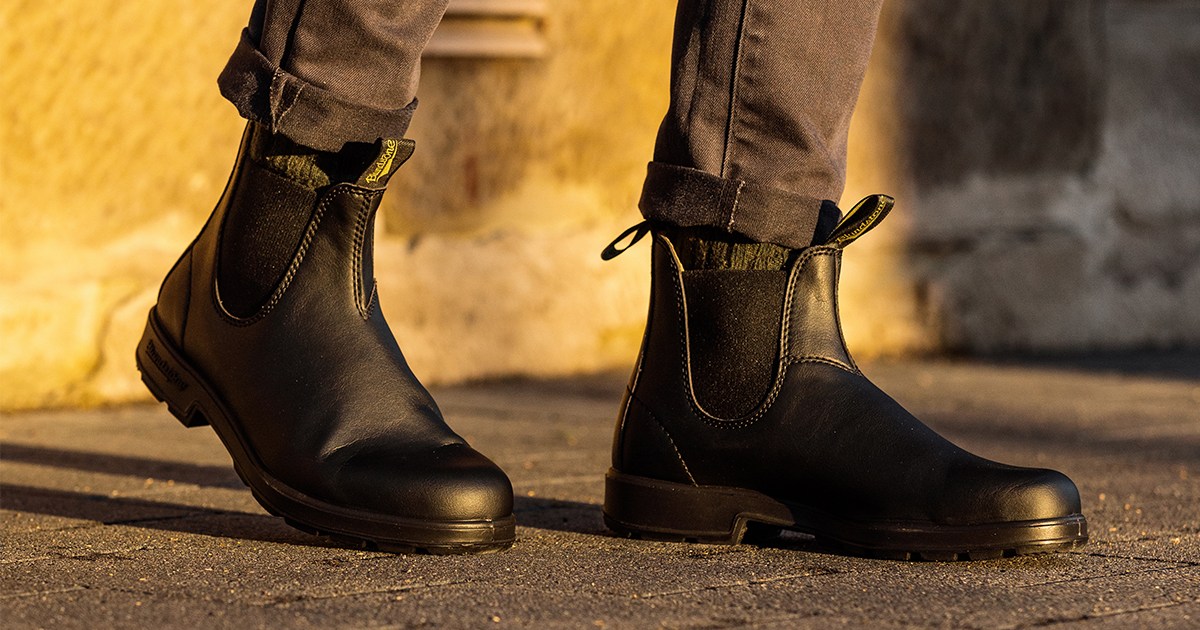Taking care of vegan footwear is an important part of ensuring the quality and integrity of nonanimal materials. It may seem complicated, but with a few simple steps, you can keep your vegan shoes looking great and lasting longer.
In this article, we’ll discuss how to clean vegan leathers, select appropriate soles for indoor/outdoor wear, understand the benefits of waterproofing agents, and even when it might be time to replace your shoes. With these tips in mind, you can maintain the quality and condition of your vegan footwear for years to come.
Understanding Vegan Footwear Materials

Source: www.realmenrealstyle.com
When it comes to vegan footwear, understanding the materials that make up the shoes is key to maintaining their quality and integrity. Synthetic materials are often used in vegan footwear as a replacement for animal-based materials such as leather, wool, and fur.
These synthetic alternatives can be made from natural or manmade fibers like cotton, polyester, nylon, Tencel®, recycled plastic bottles, cork, and more. Each of these materials behaves differently when exposed to different elements like water or heat so it’s important to know which material your shoes are made of to properly care for them.
Cleaning and protecting each type of material will ensure that your shoes remain beautiful and functional for years to come.
Cleaning and Care Instructions for Vegan Footwear

Source: www.insidehook.com
Cleaning and care instructions for vegan footwear are essential to maintain the quality and integrity of nonanimal materials. To keep your shoes looking their best, it is important to first remove dirt with a soft brush, such as a toothbrush or small paintbrush.
Gently clean away debris before wetting your shoes with water; scrub gently in circular motions using a mild soap. Rinse off any soapy residue after cleaning and allow the shoes to air dry away from direct sunlight.
Avoid submerging vegan materials into water for long periods as this could cause damage or discoloration over time. If needed, use a leather conditioner on faux leather to help restore some shine but avoid oily products that may seep through the material and stain clothing when worn. Additionally, store vegan footwear in an area where they will not rub against other items (such as bags) which can lead to scuffing or scratching of certain fabrics like canvas or synthetics.
Finally, always read labels carefully when purchasing new shoe care products – most synthetic materials do not require polish!
Repairing and Replacing Non-Animal Materials in Vegan Footwear
When it comes to vegan footwear, the materials used are not always as durable or long-lasting as those of animal-based products. As such, many vegans find that they must often repair and replace their shoes more regularly than traditional leather models.
Fortunately, there are several ways both novice and experienced shoe caretakers can go about restoring and replacing non-animal materials in vegan footwear. One way is to use specialized vegan glues designed specifically for repairing materials like canvas or synthetic leather. These glues provide an incredibly strong bond while also ensuring that no animal byproducts were used in its creation.
For larger repairs, patches made from similar fabric may be used to cover up any tears or rips with minimal effort. In cases where the damage is too great to repair, replacements may need to be found instead; fortunately, there are plenty of affordable options out there including some eco-friendly alternatives made from sustainable fabrics such as hemp or bamboo fibers which can help reduce your impact on the environment even further! Finally, when all else fails and you’re looking for a completely new pair of shoes – don’t forget to recycle your old ones so someone else can enjoy them rather than throwing them away!
Conclusion

Source: www.outdoorgearlab.com
The quality of vegan footwear depends upon proper maintenance and care. To ensure the longevity and integrity of nonanimal materials, it is important to keep them clean and conditioned.
Regular cleaning with a damp cloth or gentle brush will help remove dirt from the surface of the shoes, while conditioners can help protect the material from wear and tear over time. Additionally, if there are any minor damages on your vegan shoes, such as small tears or scuffs these can be repaired by taking them to a professional shoe repair shop for mending. With this simple yet effective approach, you can ensure that your vegan shoes remain in top condition for years to come!
